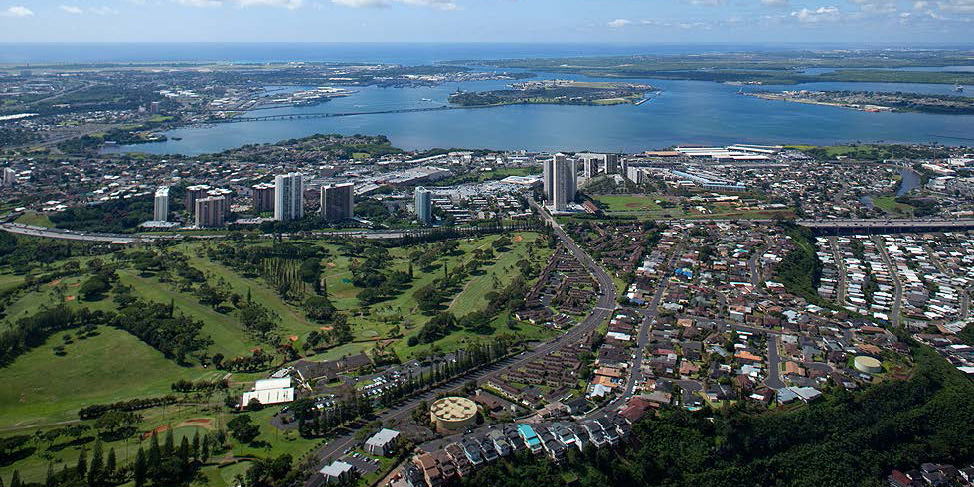About

Opportunity Zones Program
The recently passed Federal Tax Cuts and Jobs Act of 2017 authorized a community economic development program called the Opportunity Zones Program. This initiative provides incentives for investors to re-invest realized capital gains into Opportunity Funds in exchange for temporary tax deferral and other benefits. The Opportunity Funds are then used to provide investment capital in certain low-income communities, i.e., Opportunity Zones.
Benefits to Investors
- A temporary tax deferral for capital gains reinvested in an Opportunity Fund. The deferred gain must be recognized on the earlier of the date on which the Opportunity Zone investment is sold or December 31, 2026.
- A step-up in basis for capital gains reinvested in an Opportunity Fund. The basis of the original investment is increased by 10% if the investment in the qualified Opportunity Zone fund is held by the taxpayer for at least 5 years, and by an additional 5% if held for at least 7 years, excluding up to 15% of the original gain from taxation.
- A permanent exclusion from taxable income of capital gains from the sale or exchange of an investment in a qualified Opportunity Zone Fund if the investment is held for at least 10 years. (Note: this exclusion applies to the gains accrued from an investment in an Opportunity Fund, not the original gains).
Additional Incentives
All the Opportunity Zones in Hawaii overlay with other economic development initiatives such as New Market Tax Credits, Enterprise Zones and Transit Orient Development (TOD) Zones. There are also many other non-census tract-based programs that can be applied such as Low-Income Housing Tax Credits (LIHTC). Additionally, there may be synergies between investors and their missions and the major property holders and businesses in an Opportunity Zone.
25 Census Tracts Designated as Opportunity Zones
Hawaii designated 25 census tracts as Opportunity Zones as part of the new federal community development program established by Congress in the Tax Cuts and Jobs Act of 2017 to encourage long-term investments in low-income urban and rural communities nationwide. Its stated purpose is to encourage entrepreneurship and expansion capital for economically distressed areas of the country.